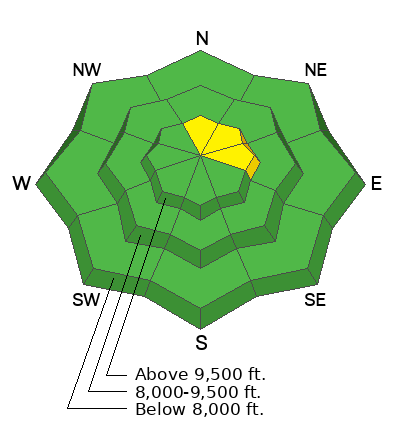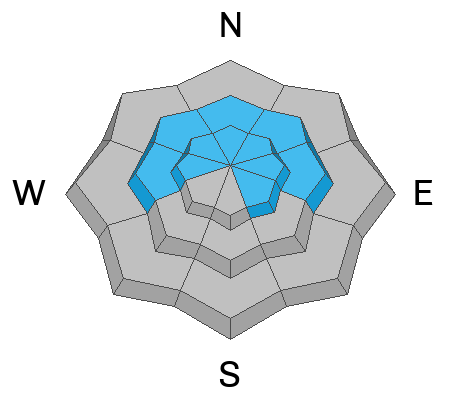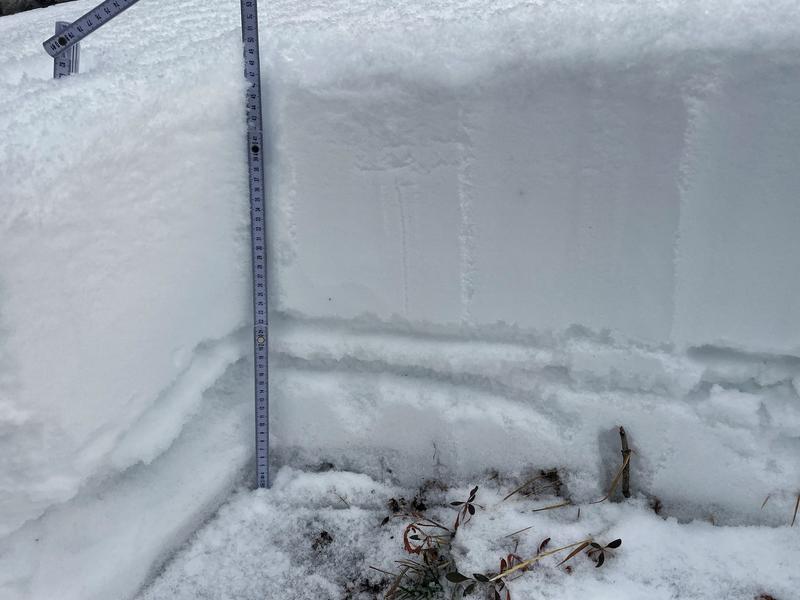Forecast for the Provo Area Mountains

Issued by Greg Gagne on
Friday morning, December 1, 2023
Friday morning, December 1, 2023
The avalanche danger will rise to MODERATE this afternoon on upper elevation slopes facing north and east with increasing snowfall and wind. Watch for rapidly changing conditions, especially during any period of heavier snowfall or increased winds.
The safest riding options will be on southerly-facing slopes where there are no buried weak layers.
Expect an increasing avalanche danger this weekend.

Low
Moderate
Considerable
High
Extreme
Learn how to read the forecast here








